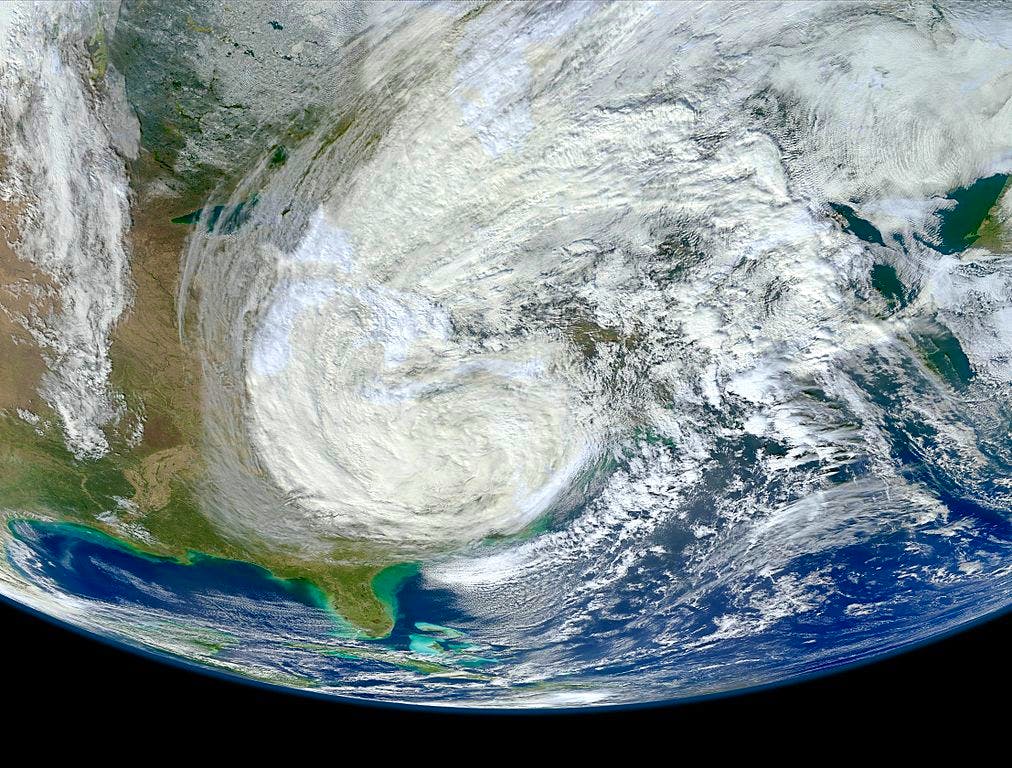Volume II of the IPCC report contains stark warnings
Climate change has already made a serious impact on our planet, from melting sea ice to severe drought to devastating coastal storms. And it’s only getting worse.
According to the Intergovernmental Panel on Climate Change (IPCC), the effects of climate change will continue to escalate, with serious consequences for people, communities, wildlife and plants. On Monday they released the second of four volumes that will comprise the Fifth Assessment Report, the biggest and most comprehensive look at our changing climate. The first volume, released last fall (as we summarized in this blog), laid out the scientific basis for our understanding of climate change and was rooted strictly in the physical science: tracking temperatures, sea ice trends, and patterns of extreme storms.
Working Group II had the unenviable task of translating these physical changes into what they are likely to mean for people, communities and ecosystems. And the news isn’t good.
Communities around the world are struggling to overcome climate impacts, including drought, flooding, punishing storms and extreme heat and cold. Climate warming has already caused a reduction in global crop yields, particularly corn and wheat. And birds, mammals, fish and other wildlife have changed their behavior and migration patterns in response to climate change. Climate change is compromising global ecosystems and “the ecosystem goods, functions and services they provide.”
Furthermore, the panel projects “risk of death, injury, ill-health, or disrupted livelihoods” from sea level rise and flooding in coastal regions and low-lying islands, and extreme weather events could lead to a “breakdown of infrastructure networks and critical services such as

We can prepare for climate change by harnessing nature, and that means preserving habitat for wildlife, people and communities.
electricity, water supply, and health and emergency services.”
Both here and abroad, climate change could seriously alter our society in the years to come. It has the potential to make food shortages even more severe and worsen drought, which would have serious implications for the world’s poorest nations. Violence over resources and land could escalate. There would be serious threats to security, health and global economy.
The IPCC report is sobering. It warns of a bleak future of lost wildlife, vanishing habitat, extreme weather and instability.
But it also reminds us we aren’t powerless.
We can make choices now that can help bring about a brighter future. We can prepare for climate change impacts.
The report lays out the current status quo in pretty stark language: “the world, in many cases, is ill-prepared for risks from a changing climate,” and that “there are opportunities to respond to such risks, though the risks will be difficult to manage with high levels of warming.”
That’s where climate adaptation can help. We can make changes that help protect our communities and our wildlife alike. For example, wetlands can help buffer communities from storms while at the same time providing habitat for a multitude of species. Conserving water also helps conserve freshwater ecosystems. And parks and other green spaces in cities help reduce the high temperatures created in urban areas. Protecting and restoring habitat now will save money, help species and benefit our communities later.
Rajendra K. Pachauri, chairman of the intergovernmental panel said on Monday, “Nobody on this planet is going to be untouched by the impacts of climate change.” That’s true for people or polar bears, frogs or fish, trees or tundras. It’s time to recognize our natural heritage as an essential part of climate resilience.
And finally, we need to make drastic cuts to global greenhouse gas emissions. Unless we get a handle on emissions now, we’ll never be able to reduce future impacts. President Obama and other world leaders must ensure that next year’s international climate change treaty has teeth. We need to cut emissions, reduce our global carbon footprint and encourage responsible renewable energy projects. These topics will be explored in detail in the next volume of the IPCC report, due out later this month.
Aimee Delach, Senior Policy Analyst, Climate Adaptation




